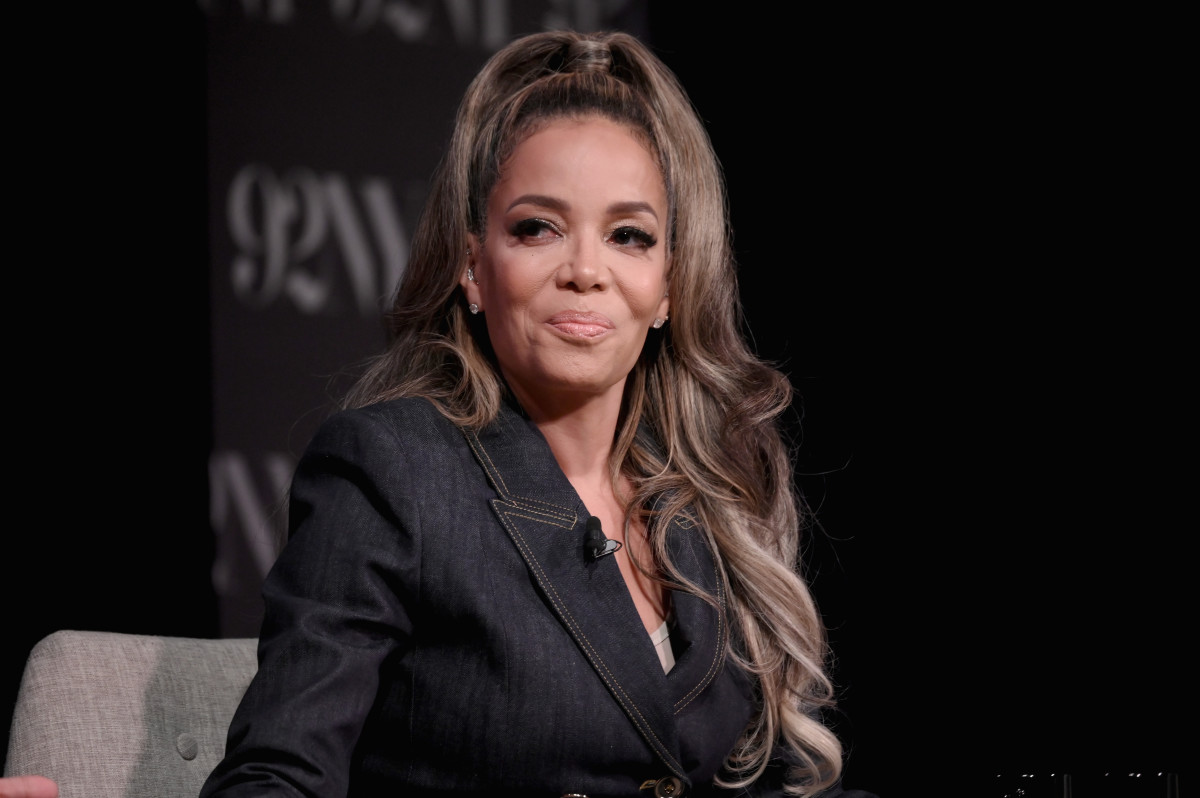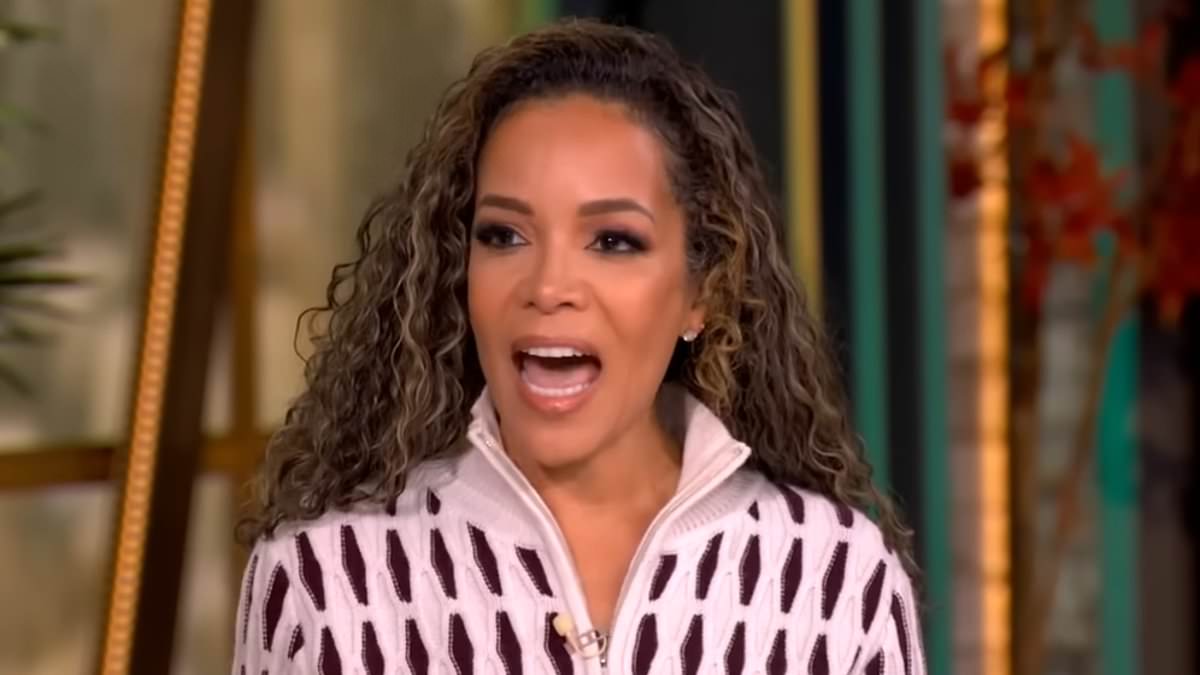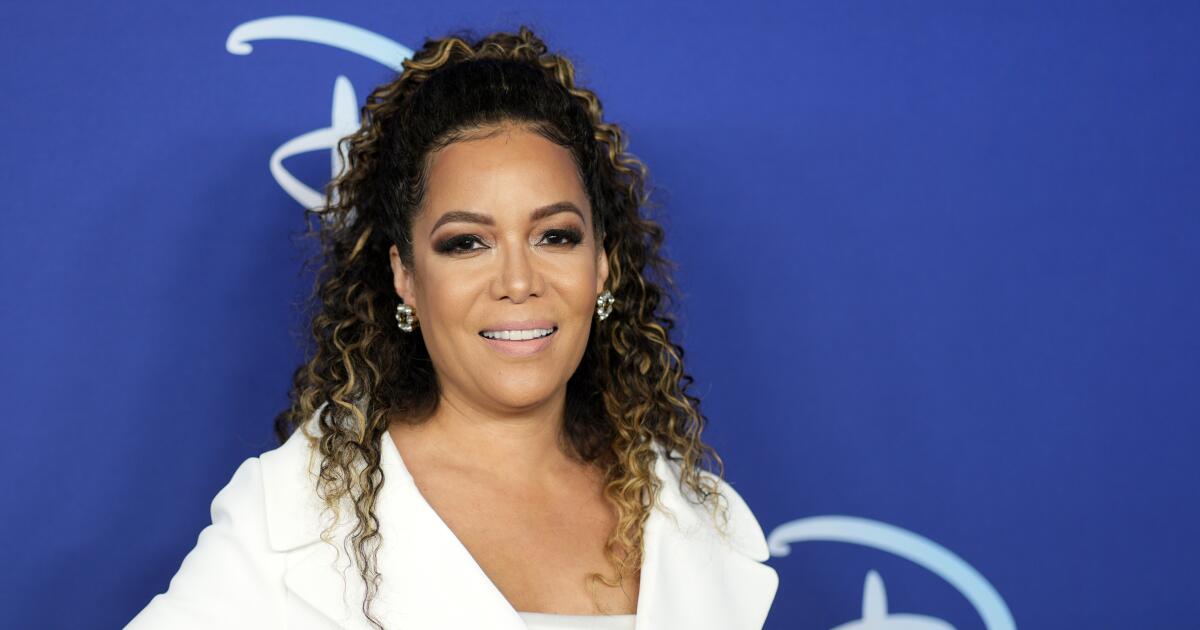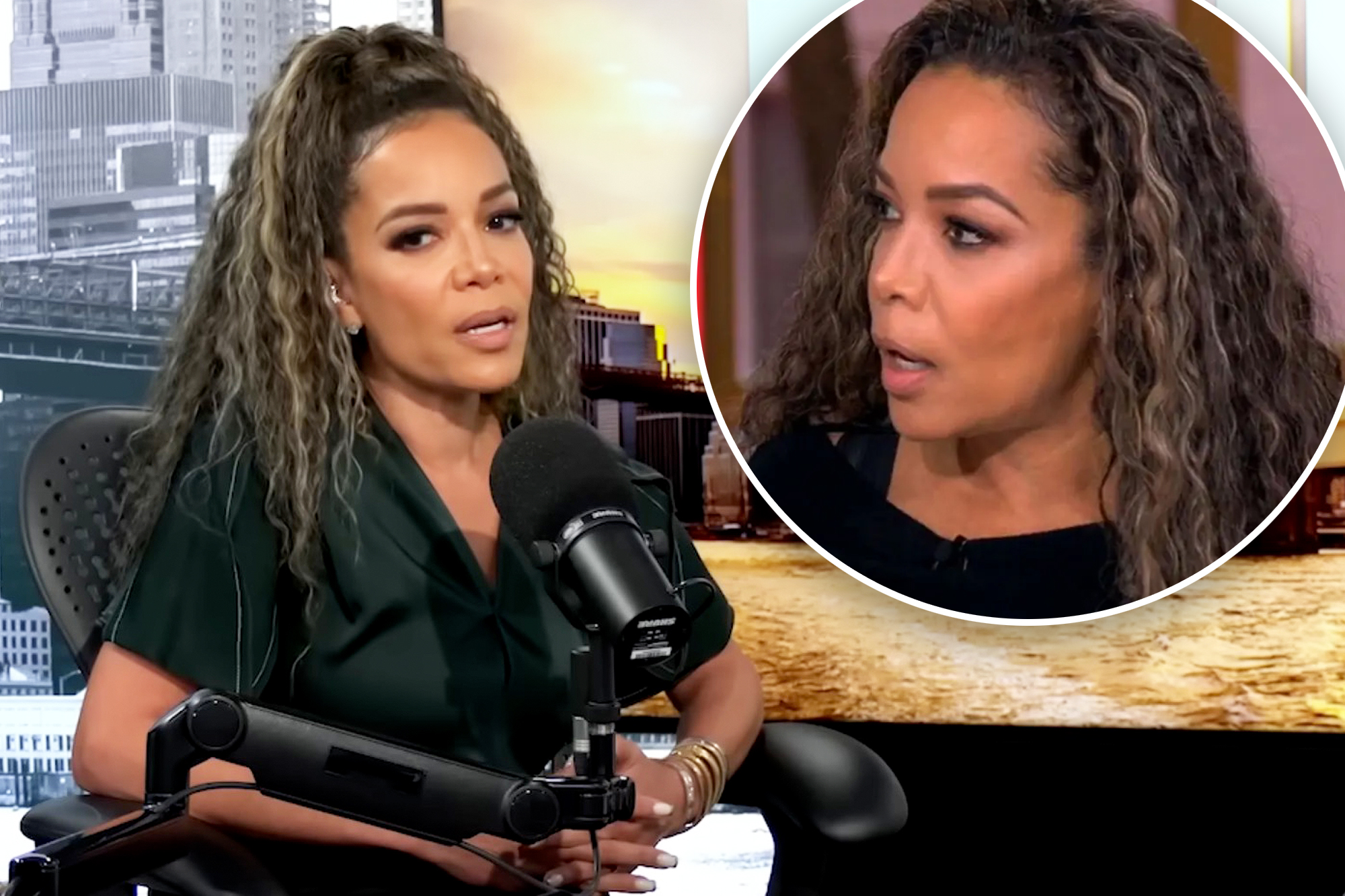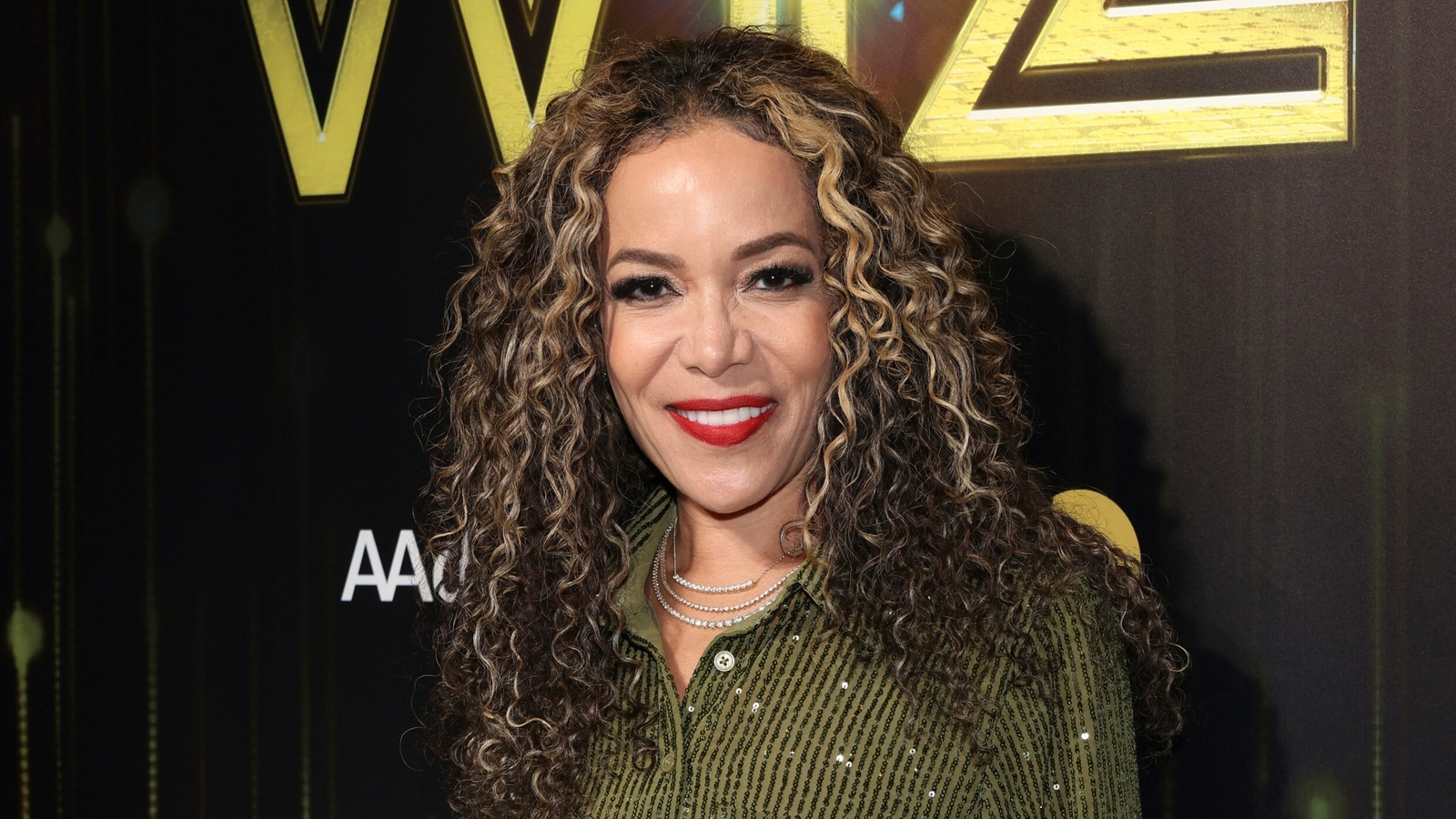Sunny Hostin Backed by The View Bosses Despite Outrage Over ‘Uneducated White Women’ Claim
Sunny Hostin, a co-host of ABC’s The View, has ignited significant controversy with her recent remarks about white women who voted for Donald Trump in the latest elections. During a discussion focused on Trump’s victory over Kamala Harris, Hostin described these voters as “uneducated.” Her comments provoked a strong backlash from various audiences, with some prominent figures, including Devon Mostert, the wife of Miami Dolphins player Raheem Mostert, calling the remarks “disgusting and unacceptable.” This backlash has sparked conversations about race, gender, and political identities in the current landscape.
Support from The View Producers and the Impact of Controversy
Despite the outrage expressed by numerous viewers, producers of The View seem unwavering in their support for Hostin. Insiders from the show indicate that such provocative statements are not only typical but serve to enhance viewer engagement. The producers reportedly believe that controversial remarks have the potential to boost ratings by drawing in the audience’s emotional responses. They noted that Hostin’s comments, while inflammatory, did not cross the line into unacceptable territory, ensuring she would not face any form of reprimand.
The dynamics of daytime television often revolve around stirring discussions and heated debates, and producers of The View appear to recognize that Hostin’s comments could serve this purpose effectively. By provoking conversations around education, voter sentiment, and demographic patterns, the show may see an uptick in viewership and discourse, reflective of the current polarized political climate.
Public Reaction and Social Media Backlash
Many viewers took to social media platforms to voice their dissatisfaction with Hostin’s comments. Critics highlighted the irony of an educated individual labeling another group as uneducated, voicing concerns over the potential fallout that such remarks could have on political discourse and voter relationships. The backlash included accusations of elitism and derision towards those who may have chosen a different political path.
- Some responses pointed out that implications of education levels should not determine an individual’s value or their political choices.
- Others emphasized the need for accountability in public discourse, particularly when addressing sensitive issues like race and education.
- Despite criticisms, some viewers defended Hostin, claiming that her remarks accurately reflected their sentiments toward the voters she discussed.
Hostin’s Attempt to Clarify Her Comments
Following the uproar, Hostin sought to clarify her statements during a subsequent episode of The View. She made a shift in language, opting to replace “uneducated white women” with “non-college educated white women,” pointing to poll data that supported her argument. This attempt at rephrasing highlights the complexity surrounding discussions of voter demographics and educational attainment in the U.S.
The incident serves as a significant marker of how differing voter attitudes reflect the evolving landscape of American politics. It also illustrates the intersection of education, race, and political affiliation, as groups continue to make sense of their choices amid this rapidly changing environment. The contention surrounding Hostin’s comments emphasizes ongoing debates about media portrayals and the responsibility they carry in framing public opinions.
The Broader Conversation on Education and Politics
In summary, Hostin’s remarks have sparked an important dialogue about the correlation between education levels and political affiliation. The View’s management continues to lend support assertively, indicating that while the content may be polarizing, it generates crucial discussions that might otherwise remain unaddressed. This incident brings to light the broader implications of how media commentary can influence perceptions surrounding voter demographics and highlight the complexities involved in the political landscape.
As viewers and society grapple with these issues, it is essential to remain informed and engaged. Understanding differing viewpoints will lead to more productive conversations about political ideologies, voter behavior, and the collective future of American democracy. Stay tuned to The View and participate in the discussions; your voice matters.
